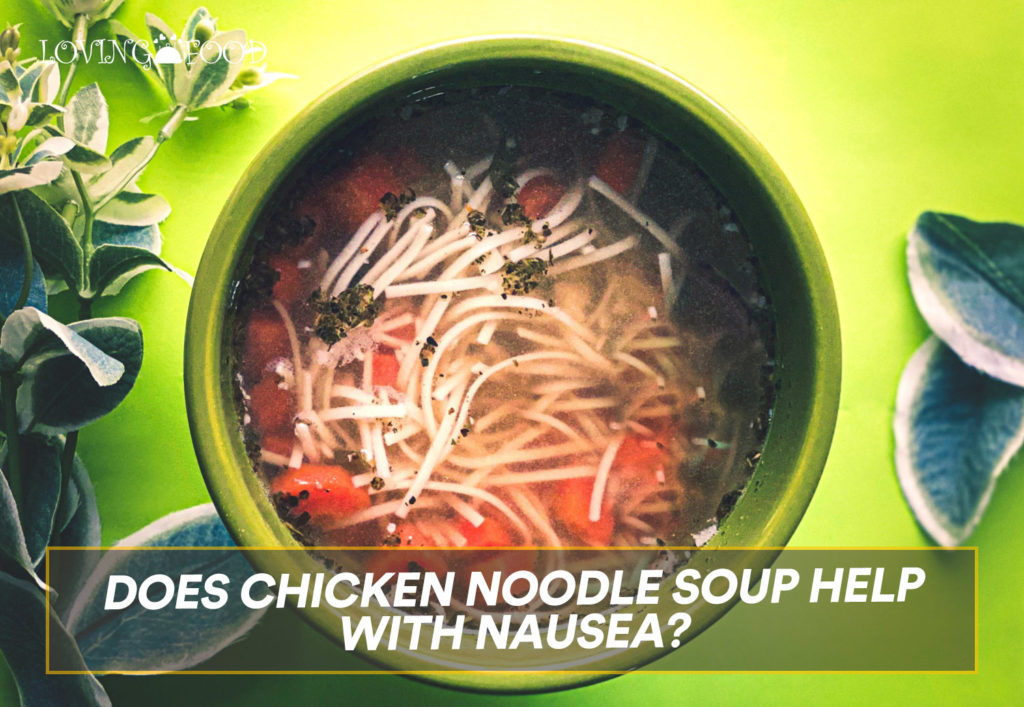What better way to spend a chilly evening than with a steaming bowl of chicken soup? It can be frustrating to find out that your chicken soup has gone bad in the fridge. People are concerned about how long chicken soup can last in the fridge in order to avoid a futile effort.
Both homemade and canned chicken soup is good for about 3–4 days in the fridge at the appropriate temperature.
Can chicken soup go bad in the fridge? What other ways can I preserve my chicken soup?
This article addresses each of your concerns regarding how long chicken soup remains good in the fridge, and if chicken soup can go bad in the fridge. We have also provided tips for your next chicken soup preparation.
How Long Is Chicken Soup Good In The Fridge?
Both canned and homemade chicken soup can last between 3–4 days in the fridge under the appropriate temperature conditions.
However, the chicken soup can last up to 6 days, but with a diminished nutritional content. This is why we recommend that you eat your chicken soup within 3–4 days to enjoy maximum flavor and nutrients.
Your chicken soup should be refrigerated at or below 40 °F (4 °C) for proper preservation. Any temperature above these increases the risk of your chicken soup being exposed to microbial organisms that can contaminate the soup. These organisms are the leading causes of food poisoning.

Freezing Your Chicken Soup
Given that chicken soup can be preserved in the fridge for 3–4 days, we recommend freezing your chicken for an extended preservation period. When kept at the proper temperature in the freezer, chicken soup will last for about 3 months.
We have included instructions on how to freeze chicken soup properly.
- Allow for cooling before freezing your chicken soup. Pour the chicken soup into a container and place it in the refrigerator or in an ice bath to chill.
- Freeze your chicken soup in a freezer-safe container or bag.
- Divide the soup into separate portions to freeze. Small amounts of chicken soup freeze better. Unlike mass batches that may be unevenly frozen, you keep the flavor of your chicken soup when you freeze it in small portions.
- Before putting the plastic bag in the freezer, squeeze out as much air as possible. At least one inch should be left before sealing the plastic bag. Lay the plastic bags flat, so they can be stacked easily after freezing.
- Label the plastic bag and its contents. This will help you determine the expiration date.
Why Does Chicken Soup Get Bad In The Freezer?
Although freezing or refrigerating your chicken soup is the easiest way to keep it fresh, it is vital to note that it can go bad in the fridge or freezer. These are the reasons why your chicken soup can spoil in the fridge:
- If there has been a power outage for more than 10 hours and the soup has not been warmed, your chicken soup is likely to go bad in the fridge.
- Placing hot chicken soup in the refrigerator increases the likelihood of it spoiling.
- Your chicken soup is likely to go bad if you place it by the refrigerator door. This is because the temperature at the refrigerator door fluctuates.
How to Know When Your Chicken Soup Has Gone Bad
These are the signs your chicken soup has gone bad and how you can recognize them: A change in color, texture, and appearance is an indication that your chicken soup has gone bad.
Mold and sliminess in your chicken soup are the most common signs.
An unpleasant smell is an indication that your chicken soup has gone bad and should be disposed of immediately. We recommend that you do not taste the chicken soup after discovering an unpleasant smell, as you may be at risk of food poisoning.
Tips For Your Chicken Soup
Adopt these tips to enjoy your chicken soup:
- Thaw your frozen chicken soup in the refrigerator for at least 24 hours before reheating.
- Do not reheat your chicken soup in the microwave if it was kept in a jar. Before heating, place the contents into a microwave-safe bowl or saucepan.
- Reheat your chicken soup to at least 150 °F to kill any bacteria that has gotten into it.
- Ensure your chicken soup never gets freezer burned. When you don’t keep your food in an airtight container before burning it, you get a freezer burn. The food becomes dehydrated as a result of this. A dry, shriveled appearance and ice crystals on the surface of your chicken soup are two indicators of freezer burn. The flavor and texture of your chicken soup will be altered by freezer burn.
- Store your chicken soup near the rear of the refrigerator rather than the refrigerator door.
- If your chicken soup tastes bland after reheating, spices and vinegar can enhance its flavor.
- Use homemade chicken stock or broth for a flavorful meal.
- Always keep your refrigerator or freezer door shut to avoid temperature fluctuations.
Final Note
Refrigerating your chicken soup will help to keep it fresh for a while, but if not properly preserved, it can go bad. We recommend freezing your chicken soup for a longer preservation time.
You can follow the tips we have provided for freezing your chicken soup.








